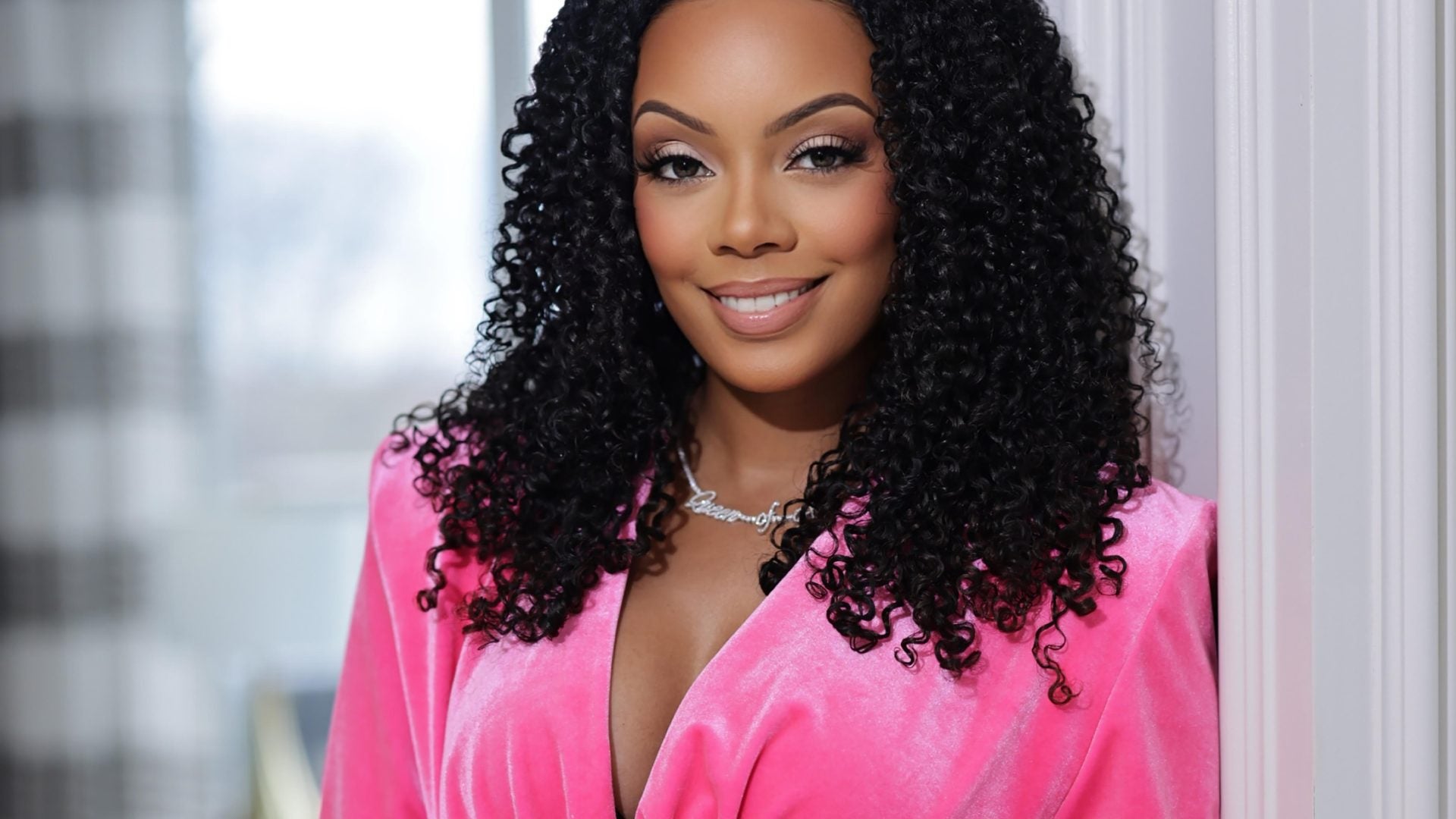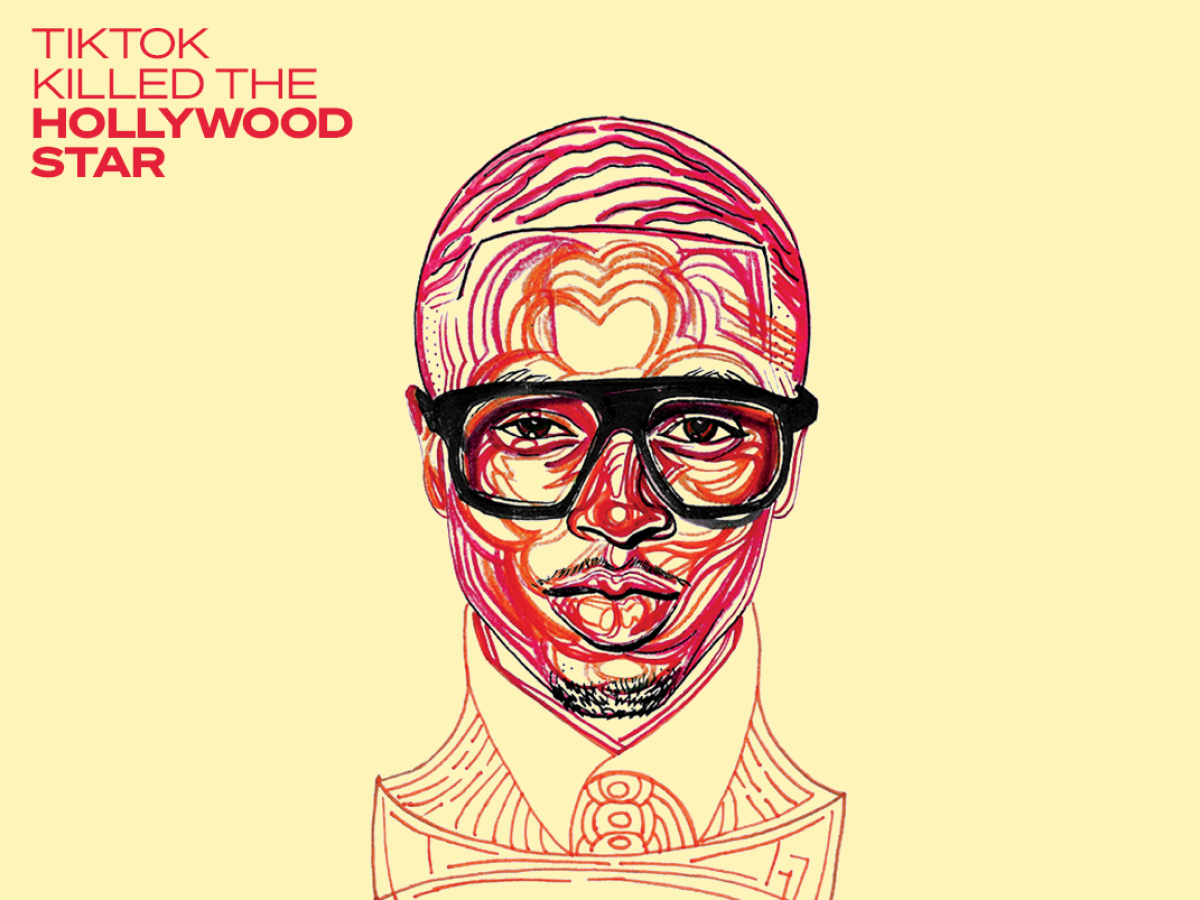
In the past decade, a number of Black creators have become superstars due in no small part to their content going viral. Quinta Brunson, first known for her “Ooh, he got money!” meme, went from being a BuzzFeed phenom to a television powerhouse as creator and star of the ABC hit Abbott Elementary.
Jay Versace evolved from placing comedic clips on the now-defunct app Vine to becoming a Grammy-winning producer, getting placements in songs by artists like Tyler, the Creator and SZA. Jimir Reece Davis, a DJ who goes by Amorphous, took TikTok by storm with his musician mash-ups and has since gone on to collaborate with Kehlani, Kelly Rowland and Snoh Aalegra. And beauty influencer Jackie Aina has taken her massive YouTube following to retail stores, selling out eye shadow palettes and candles.
With TikTok emerging as the new frontier of social media since the start of the 2020s, more Black creatives and influencers are looking to dominate Hollywood as they bring their skills and talents honed on the app to the mainstream. Able to attract hoards of dedicated viewers as online wunderkinds, creators like De’Andre Brown, Cleotrapa West, Mikhaela
Jennings and La’Ron Hines have converted their TikTok fame into commercial success.
When Brown started his TikTok under the moniker “The Corporate Baddie,” his goal was to educate minorities about gaining access to the white-collar corporate ladder. But the Morehouse College alum also gave viewers a look at professionalism with a generational perspective.“When you consider social media and TikTok, there are a lot of creators who are within the corporate realm, but I think what makes my platform unique is that there aren’t a lot of Black creators who do this,” Brown says. “And as a Black creator who also makes content about corporate America, my perspective is unique because I do it from a Gen-Z lens.”
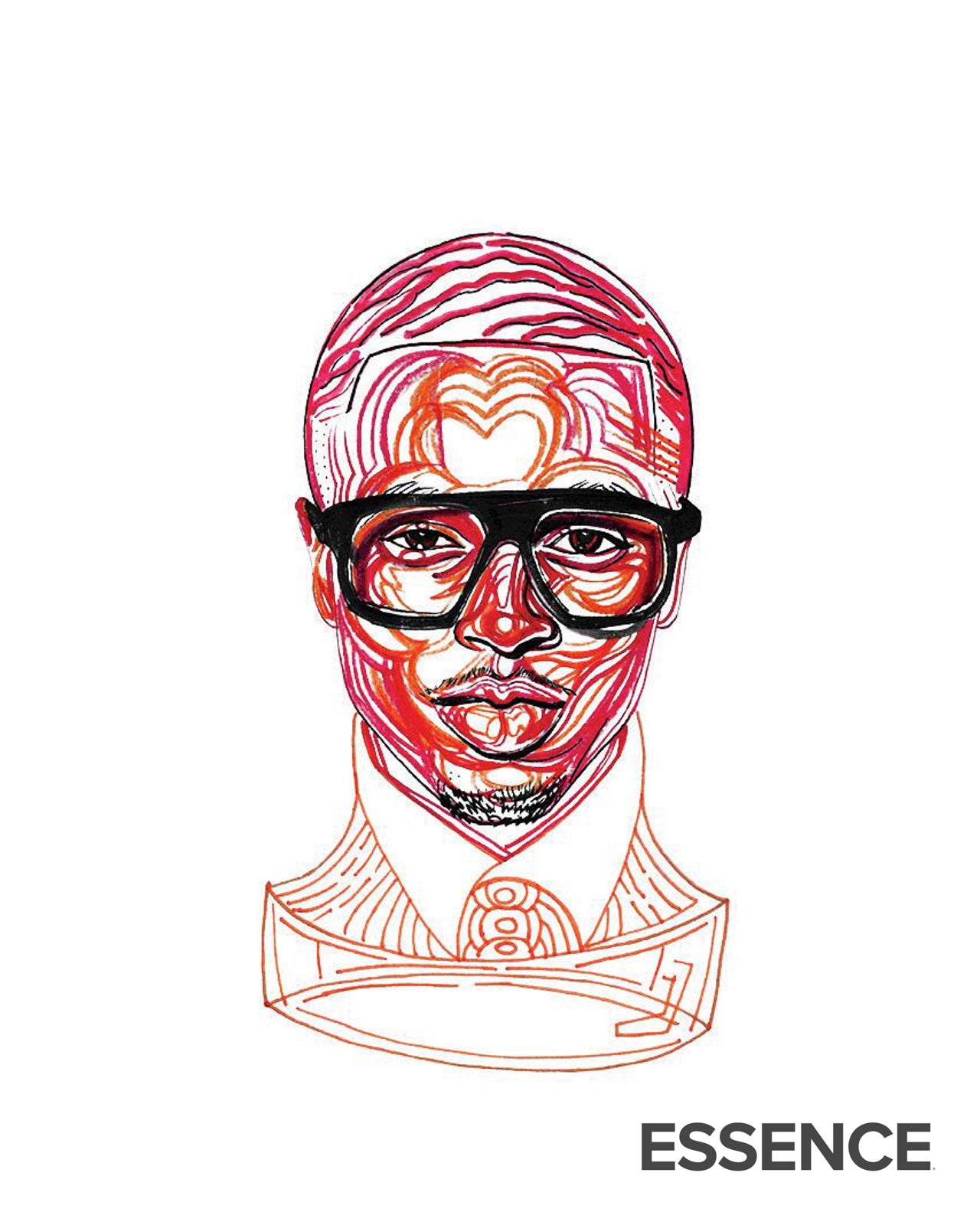
He also notes that his Corporate Baddie persona has received significant attention for portraying the singular experience of being a Black professional in an office setting. Brown realized his digital landscape marketability through humorous job interview skits, wearing signature bespoke suits—which earned him brand deals from LinkedIn and Microsoft even before he had an agent.
“My videos are informative, but they have a comical approach to them as well, which I think makes it easier for people to digest,” says Brown. “They don’t feel like they’re just being thrown information that could be kind of boring, when you’re on TikTok and you’re scrolling and people are just giving you a list of tips. I think because my videos are entertainment as well, they’re more relatable for the audience.”
Hines, 21, jump-started his TikTok platform by transforming his adoring godbrother persona into school-age “digital darling” JaBria McCullum—and expanding his “Are You Smart?” improv game show to include celebrities. The Mississippi native’s charming approach earned him a spot on the 2022 Forbes Top Creators list, and it has since brought his musical talents to the forefront.
Hines, who has heard the criticism of TikTok stars becoming overnight sensations, points out there’s much more to the process than simply recording a clip lasting one minute or less. “The difference between social media and other forms of entertainment, like acting and music, is that the window of opportunity is much quicker because people’s attention spans are shorter online,” says Hines. “If I post a TikTok and disappear for a month, people will have already forgotten who I am. It’s just one of those things where I feel like people don’t realize there’s a lot of work that goes into social media—you have to be continuously creative.”
Although Hines achieved a Forbes ranking, no Black creators were among the highest-earning TikTokers. The top five spots went to White influencers, even though Khaby Lame, a Senegalese immigrant in Italy who ranked at number eight, was named the most-followed personality on the app.
“When it comes to Black TikTok, a lot of content is only relatable to us, because we have such a unique experience as Black people; and Black content creators only have a certain group of people they can really gravitate toward,” says Hines. “I think that’s what makes it so beautiful that, even though we aren’t making all these highest-earning lists, we’re still able to be very successful and to thrive within our spaces.”
For his part, Brown refuses to take the undervaluing of Black producers personally. “I’m gonna be successful and go far, whether I’m on a top creator list or not,” he says. “I want other Black creators to view it the same way. We don’t need to consistently be comparing ourselves to our White counterparts. Granted, they get more than us. We see that, but we’re in a different lane—and our impact is huge, whether some people see it or not.”
Black women on TikTok, like West and Jennings, have also focused their energy on turning their presence into profit, building personable and relatable brands that express their authenticity. Honing in on her craft as a
quintessential straight-talker, West, 24, had to dig deep when her TikTok started to blow up for her amusing delivery and leonine fierceness. The Staten Island, New York–based influencer has long observed the decline in popularity from TikTokers who took their foot off the proverbial gas as Internet celebrities.
“Everybody who’s really talented and really on social media, they’re playing with it,” says West. “They have a following, but they’re playing with it, and they really need to take that seriously. A lot of people before me fell off because they didn’t take it seriously. My whole thing with that is, you gotta keep on creating. You gotta keep on thinking big. But people think small. Yeah, you gained some followers, but what do you want to do now?”
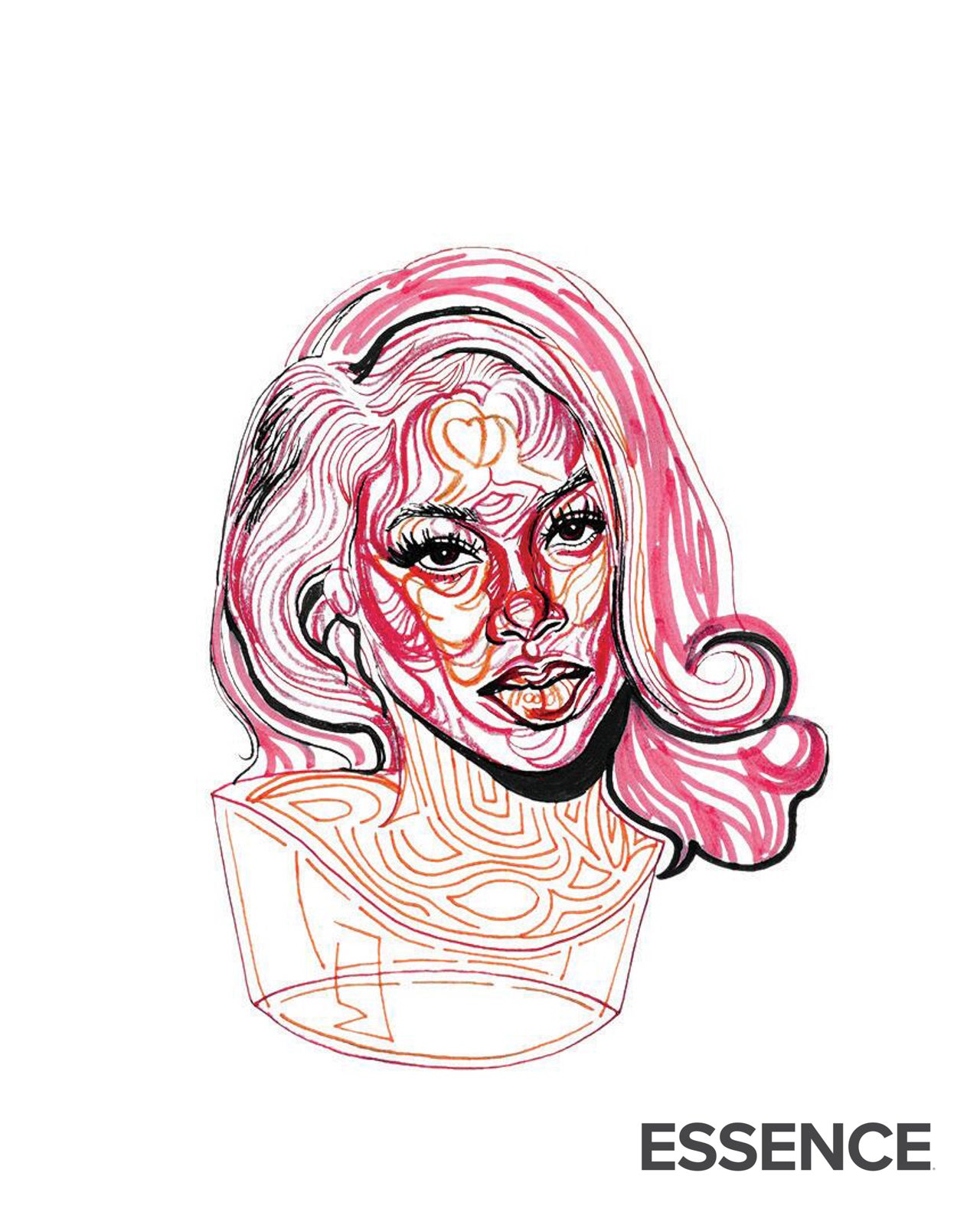
Continuing her “real talk,” West adds that aspiring TikTokers should be prepared to create a wave that will provide them with sustenance both online and IRL. “People need to realize something, too: You’re here for a good time, not a long time,” she says. “You’re going to have your five seconds, but all that matters is what you’re going to do with those five seconds. You may not become a big household name, but at least you may turn that into some sort of profit. People are always going to be able to separate raw talent from five seconds of fame. Give it a year probably, give it less. People fade—like if you don’t have it, you don’t have it.”
Jennings, better known as KhaeNotBae, also specializes in clever diaristic taglines that have since become viral sound bites. The Florida-raised tastemaker’s popularity grew when she hit back at a commenter who ridiculed her hairstyle. “They just kept saying, ‘I don’t like it. I’m not seeing the vision.’ So I replied to that comment and I was like, basically,
‘It’s not for you. The girls that get it, get it and the girls that don’t, don’t,’” Jennings says. “Then somebody was like, ‘Can you make that last part a sound?’ So I made it a sound and then, boom, it was all she wrote after that.”
Soon after, Jennings noticed that the slogan took on a life of its own, used by other influencers, models and even fashion brands like Boohoo. By ultimately trademarking the line, Jennings returned the TikTok traction to her platform.
“I know I’m smart and I knew it was catchy, but I didn’t know people could really make millions of dollars off you without you even knowing,” says Jennings. “At first, I wasn’t even asking for money, just put my face on my words. Don’t ever try to separate my face from my words.”
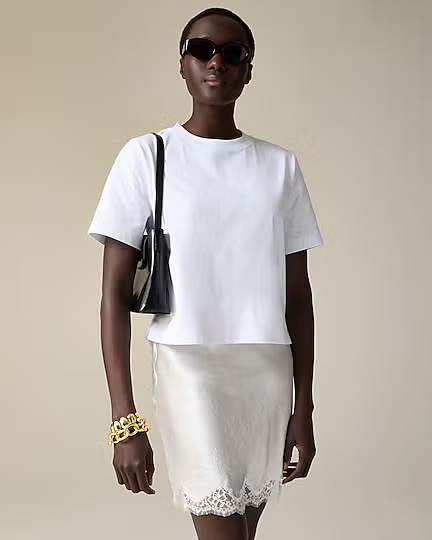






With TikTok boasting an increasing takeover by Black creators, it’s predicted that even more of them will meet the moment—as influencers proceed to music, television and film deals, bringing their originality to the wider entertainment biz. “People don’t realize we are the trendsetters,” Hines says. “We kind of create the waves as opposed to riding them—from every dance challenge, even outside of social media, to our clothing styles, hairstyles, everything. I feel like it’s very important to inspire Black creators because as people are beginning to realize, we are the start of it all.”
PQ: “If I…disappear for a month, people will have already forgotten who I am. People don’t realize there’s a lot of work that goes into social media—you have to be continuously creative.”
—La’Ron Hines


